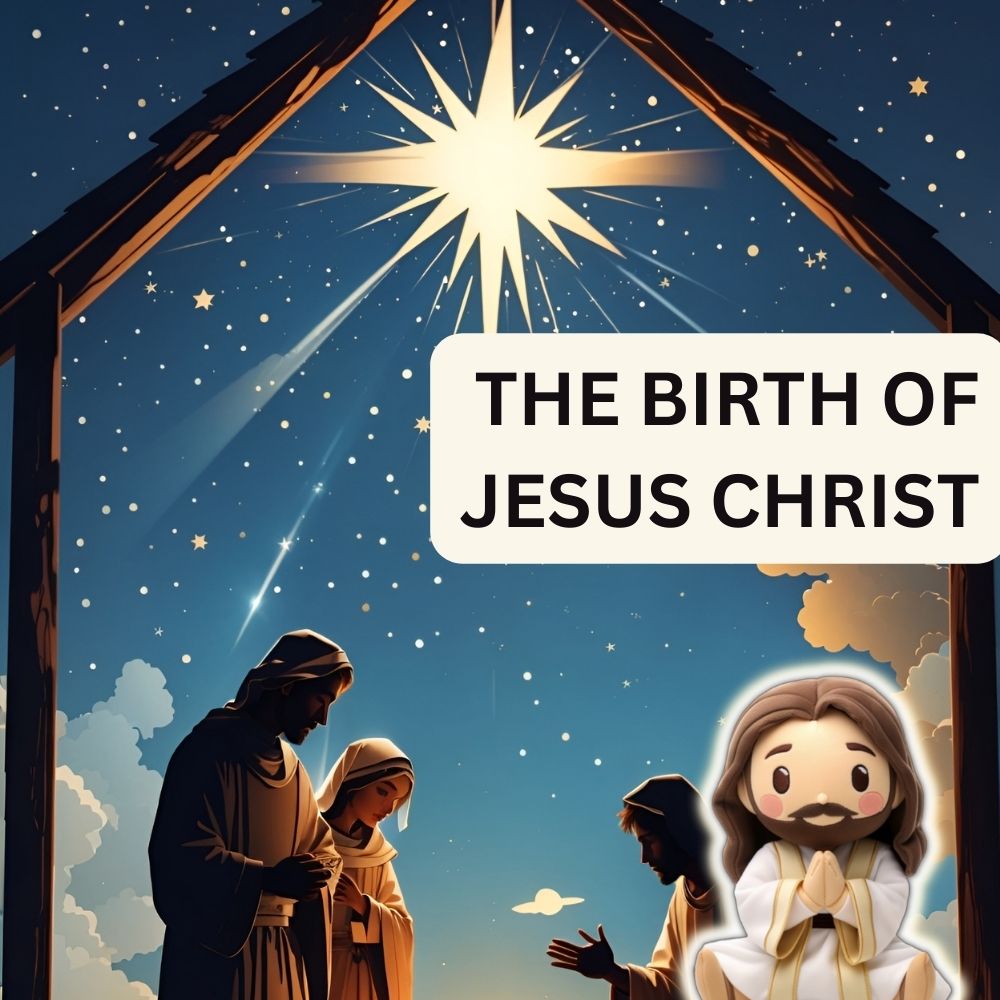
The Birth of Jesus Christ: A Historical and Religious Perspective
The birth of Jesus Christ is a significant event in both historical and religious contexts. As the central figure of Christianity, Jesus' birth holds great importance for millions of believers worldwide. In this article, we will delve into the historical background, the biblical narrative, and the cultural and religious significance of the birth of Jesus.
Historical Background
The birth of Jesus took place in Bethlehem, a small town in Judea, during the reign of Herod the Great. The exact year of Jesus' birth is a subject of debate among scholars, but it is commonly believed to have occurred between 6 and 4 BCE (Before the Common Era). This dating is based on historical records, including the writings of the Jewish historian Flavius Josephus and calculations derived from the reign of Herod the Great.
The Biblical Narrative
The story of Jesus' birth is primarily recorded in the New Testament of the Bible, specifically in the Gospels of Matthew and Luke. According to the biblical narrative, Mary, a young woman from Nazareth, was visited by the angel Gabriel, who informed her that she would conceive a child by the power of the Holy Spirit. This child would be the Son of God and would fulfill the long-awaited prophecies of the Messiah.
Mary's husband, Joseph, initially struggled with the news but was reassured by an angel in a dream, affirming the divine nature of Mary's pregnancy. Together, Mary and Joseph embarked on a journey to Bethlehem to comply with a Roman census. Upon their arrival, they found no lodging available and sought refuge in a humble stable, where Mary gave birth to Jesus.
In the surrounding fields, shepherds were visited by an angel who announced the birth of the Savior. They were guided to the stable, where they found the newborn Jesus lying in a manger. Later, wise men from the East, known as the Magi, followed a star that led them to Bethlehem. They presented gifts of gold, frankincense, and myrrh to the child, signifying his status as a king.
Cultural and Religious Significance
The birth of Jesus holds immense cultural and religious significance, both within Christianity and beyond. For Christians, it represents the fulfillment of God's promise to send a Messiah to redeem humanity from sin and establish a new covenant. This event marks the beginning of Jesus' life on Earth, leading to his teachings, miracles, crucifixion, and resurrection, all of which form the foundation of Christian faith.
The nativity story has permeated various aspects of Western culture, influencing art, literature, music, and traditions. Nativity scenes, depicting the baby Jesus, Mary, Joseph, the shepherds, and the Magi, are a common sight during the Christmas season, reminding believers of the humble origins of their Savior. Christmas carols, such as "Silent Night" and "O Holy Night," celebrate the birth of Jesus and have become cherished musical traditions.
Beyond Christianity, the birth of Jesus has also inspired interfaith dialogue and understanding. Many non-Christian individuals and communities appreciate the story's message of hope, love, and peace. The nativity scene and the concept of a divine child born in humble circumstances resonate with people from various cultural and religious backgrounds, promoting unity and compassion.
Related Artwork - The Birth of Salvation
View and Shop Birth of Salvation Framed Print
Final Thought
The birth of Jesus holds a significant place in history and religion. Rooted in historical contexts and recorded in the biblical narrative, this event has shaped the beliefs and practices of Christianity. Its cultural and religious significance extends far beyond the confines of Christianity, inspiring art, music, and traditions worldwide. Regardless of one's personal beliefs, the story of Jesus' birth continues to captivate hearts and minds, reminding us of the timeless values of hope, love, and peace.





